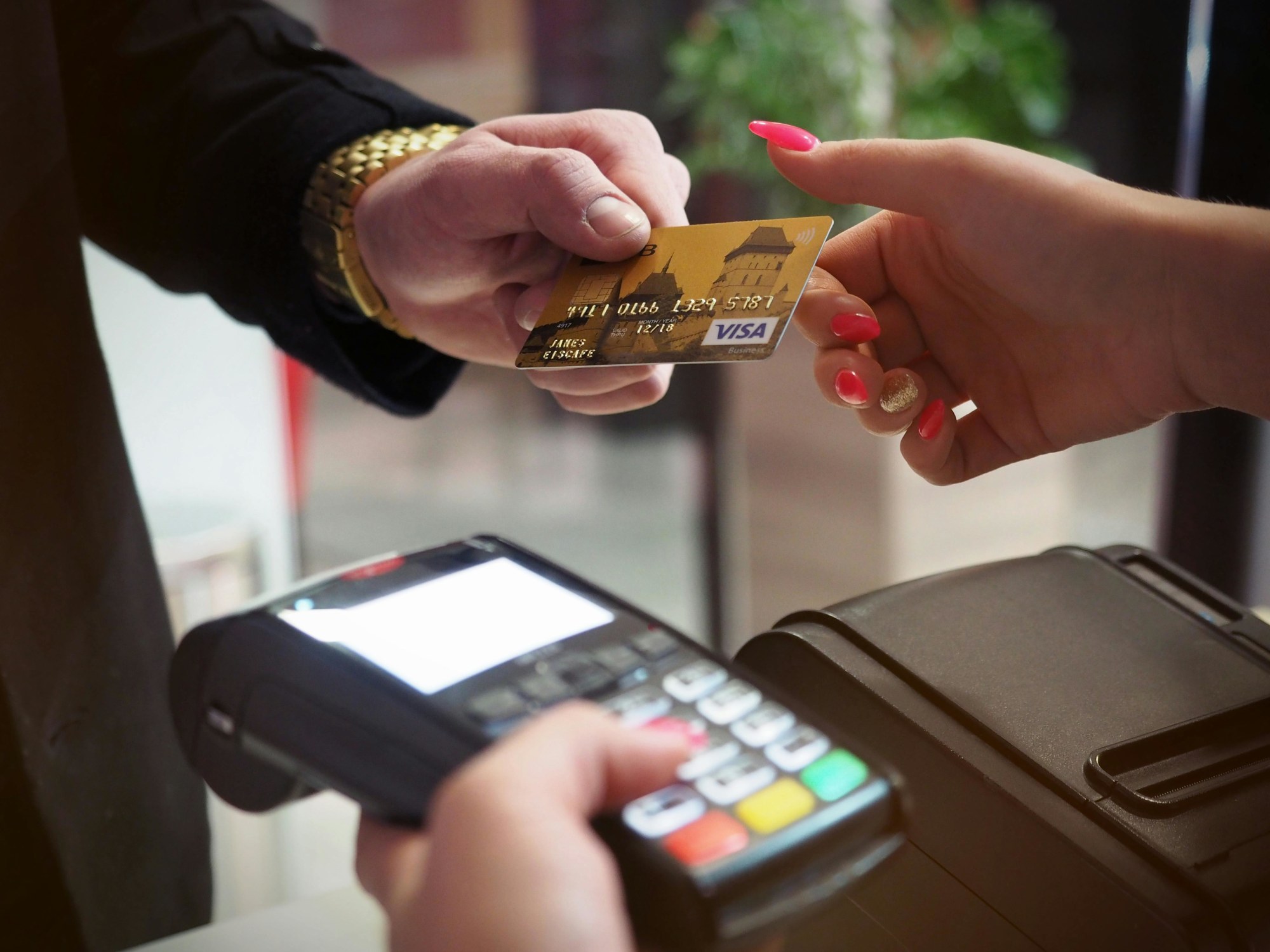Save
What is an emergency savings fund?
One of the most well-worn advice pieces you’ll come across on your way to financial independence is to open a buffer or emergency savings account for peace of mind in case of income or job loss.
What is an emergency savings fund?
One of the most well-worn advice pieces you’ll come across on your way to financial independence is to open a buffer or emergency savings account for peace of mind in case of income or job loss.

This emergency fund is meant to serve as a financial buffer for when unexpected expenses appear or when unfortunate life events happen.
What do I get from having an emergency fund?
Some wonder if there is truly a merit to building an emergency fund, especially if they earn a high income and have superannuation, insurance and a personal savings account.
It’s true that a high income may allow you to deposit more money in your personal savings and superannuation, and super and insurance can step in when you satisfy certain conditions. But you may have other goals for your personal savings, and both your super fund manager and insurance provider may not approve your claims unless you have no other options left.
An emergency fund can give you some peace of mind and help you avoid spending your saved money.

When should I use my emergency fund?
Unlike your typical savings goals, which are meant for you to reach your short, medium or long-term financial objectives, your emergency savings is meant to be used only in times of great necessity.
Losing your job, for instance, could make it difficult for you to fund your lifestyle or even meet necessary living expenses.
How much money should I save for emergencies?
The amount needed in your emergency fund depends on your own income, lifestyle and expenses.
There is no prescribed amount of money that you need to save but the common practice is to set aside three to six months worth of your income in a bank account for emergencies.
However, there are also other factors to consider, such as how you earn your primary source of income and the potential length of time before you can replace it.
The two factors above matter because some jobs may be harder to replace and this, in turn, means that you need more money in your emergency account to meet the additional months of expenses.
Where should I keep my emergency savings?
Experts recommend keeping your emergency money where it is still accessible – but not too accessible that you end up spending it for anything other than a real emergency.
You may opt to open a separate deposit account in your local bank or invest it in a low-risk environment, such as a term deposit. If you prefer online banking, you may open a high-interest online savings account.
Both options will allow you to earn from a higher interest rate compared to the usual deposit accounts.
The decision, however, is ultimately up to you. Where you keep your emergency money is your prerogative because you know your circumstances and financial behaviour best.
Explore nestegg for more ways to save money.
About the author

About the author


Savings account
Protecting your savings from inflation in Australia
Inflation is an economic phenomenon that erodes the purchasing power of money over time, directly impacting the real value of your savings. In Australia, as in many parts of the world, periodic rises ...Read more

Savings account
Maximising your savings effortlessly: The power of automation in Australia
In the fast-paced world we live in, managing finances can often become an overlooked aspect of our daily routines. However, the advent of technology has introduced a seamless solution to this ...Read more

Savings account
Maximising your savings account: What you need to know
Saving money is a fundamental aspect of financial security and wellbeing. Read more

Savings account
Are ‘nudges’ the secret ingredient to financial wellness?
Are better financial habits a simple reminder away? Read more

Savings account
Afterpay launches Money app, bank accounts and retroactive BNPL
Afterpay is upgrading its app-based arsenal. Read more

Savings account
2020 saw the fastest increase in bank deposits since the GFC
Bank deposits of Australian households increased by more than 12 per cent last year. Read more

Savings account
Australians are putting savings goals ahead of holiday plans
While travel restrictions are soon set to ease, Australians are still putting their savings goals first. Read more

Savings account
More than half of Aussie Millennials don’t have a savings plan
Money is remaining a taboo subject for Millennials, which is leading to poor saving habits, a big four bank has revealed. Read more

Savings account
Protecting your savings from inflation in Australia
Inflation is an economic phenomenon that erodes the purchasing power of money over time, directly impacting the real value of your savings. In Australia, as in many parts of the world, periodic rises ...Read more

Savings account
Maximising your savings effortlessly: The power of automation in Australia
In the fast-paced world we live in, managing finances can often become an overlooked aspect of our daily routines. However, the advent of technology has introduced a seamless solution to this ...Read more

Savings account
Maximising your savings account: What you need to know
Saving money is a fundamental aspect of financial security and wellbeing. Read more

Savings account
Are ‘nudges’ the secret ingredient to financial wellness?
Are better financial habits a simple reminder away? Read more

Savings account
Afterpay launches Money app, bank accounts and retroactive BNPL
Afterpay is upgrading its app-based arsenal. Read more

Savings account
2020 saw the fastest increase in bank deposits since the GFC
Bank deposits of Australian households increased by more than 12 per cent last year. Read more

Savings account
Australians are putting savings goals ahead of holiday plans
While travel restrictions are soon set to ease, Australians are still putting their savings goals first. Read more

Savings account
More than half of Aussie Millennials don’t have a savings plan
Money is remaining a taboo subject for Millennials, which is leading to poor saving habits, a big four bank has revealed. Read more













